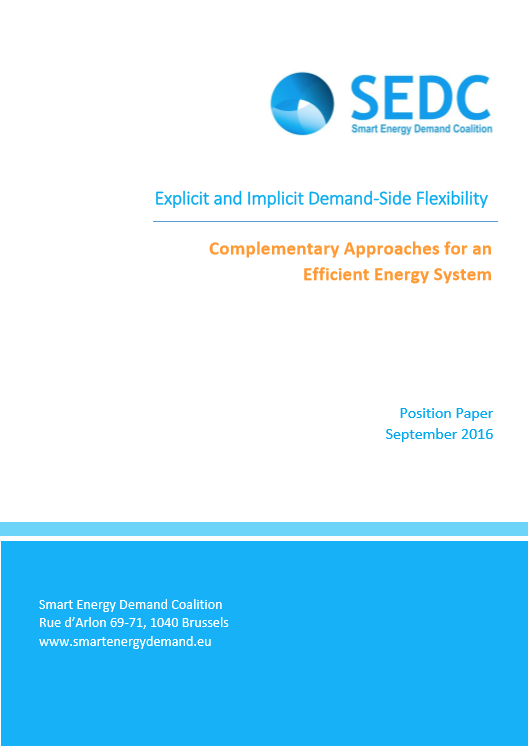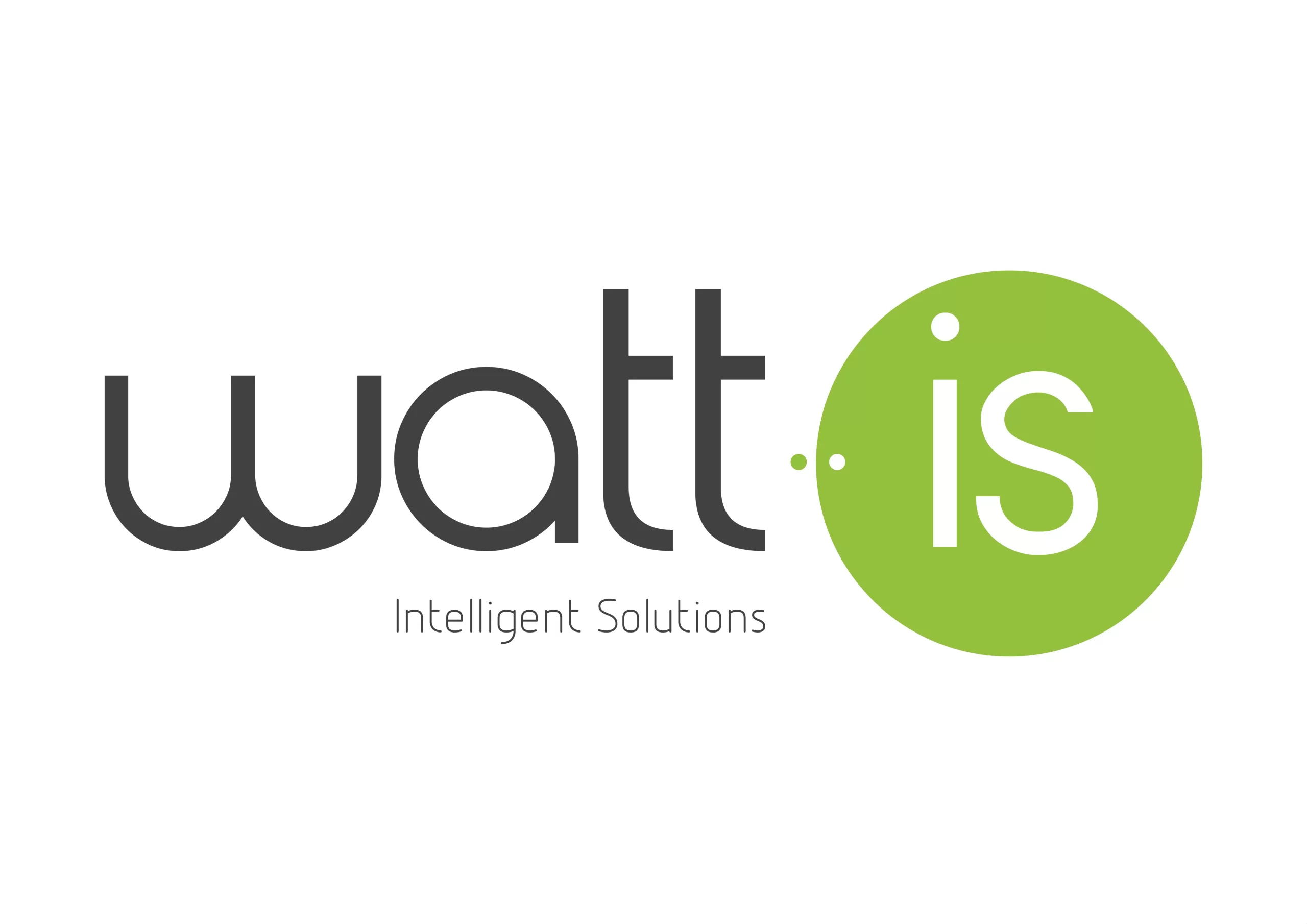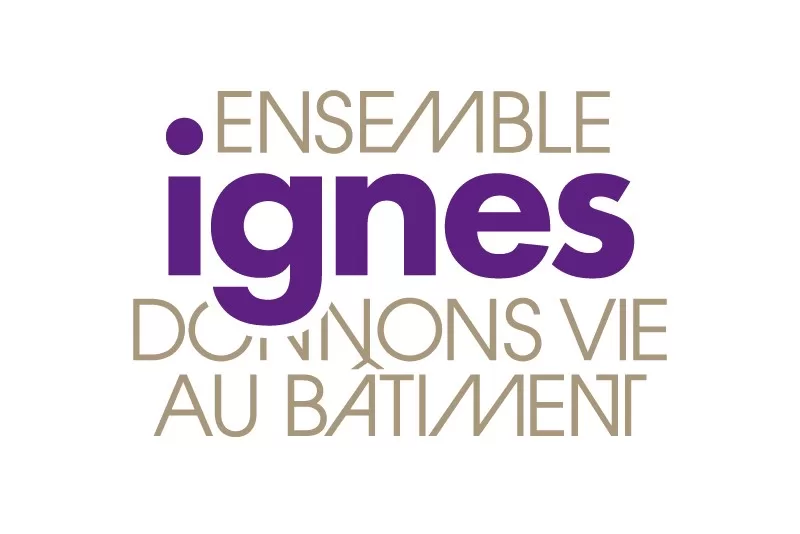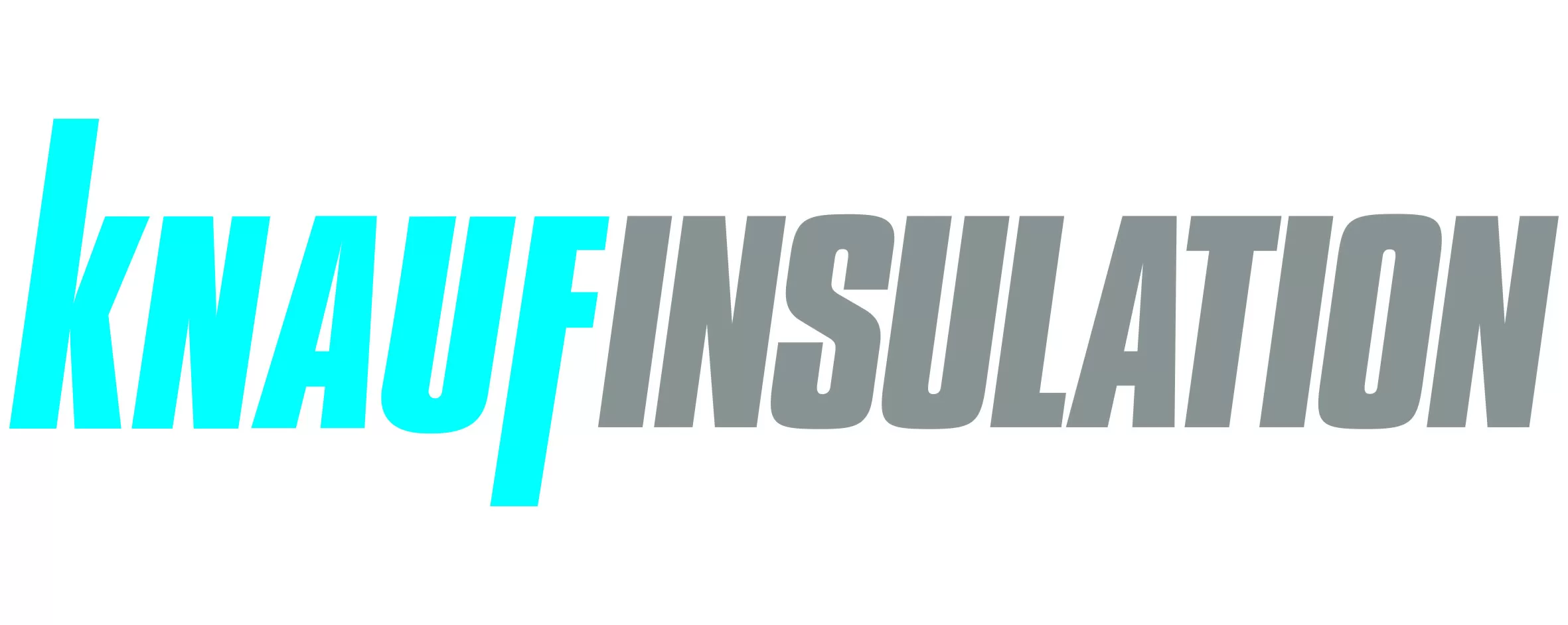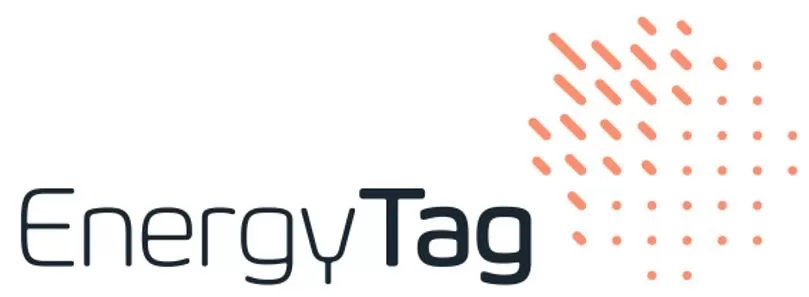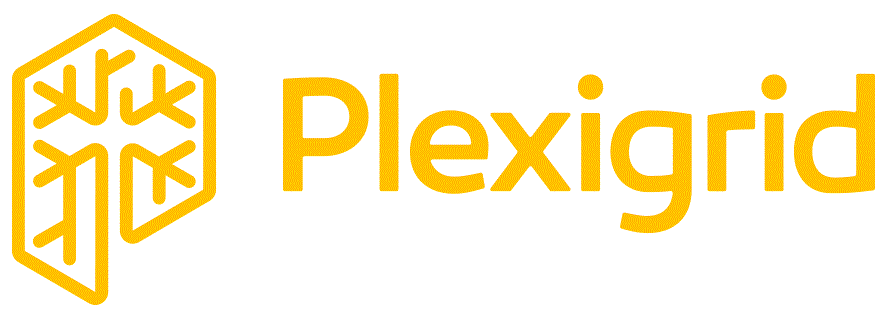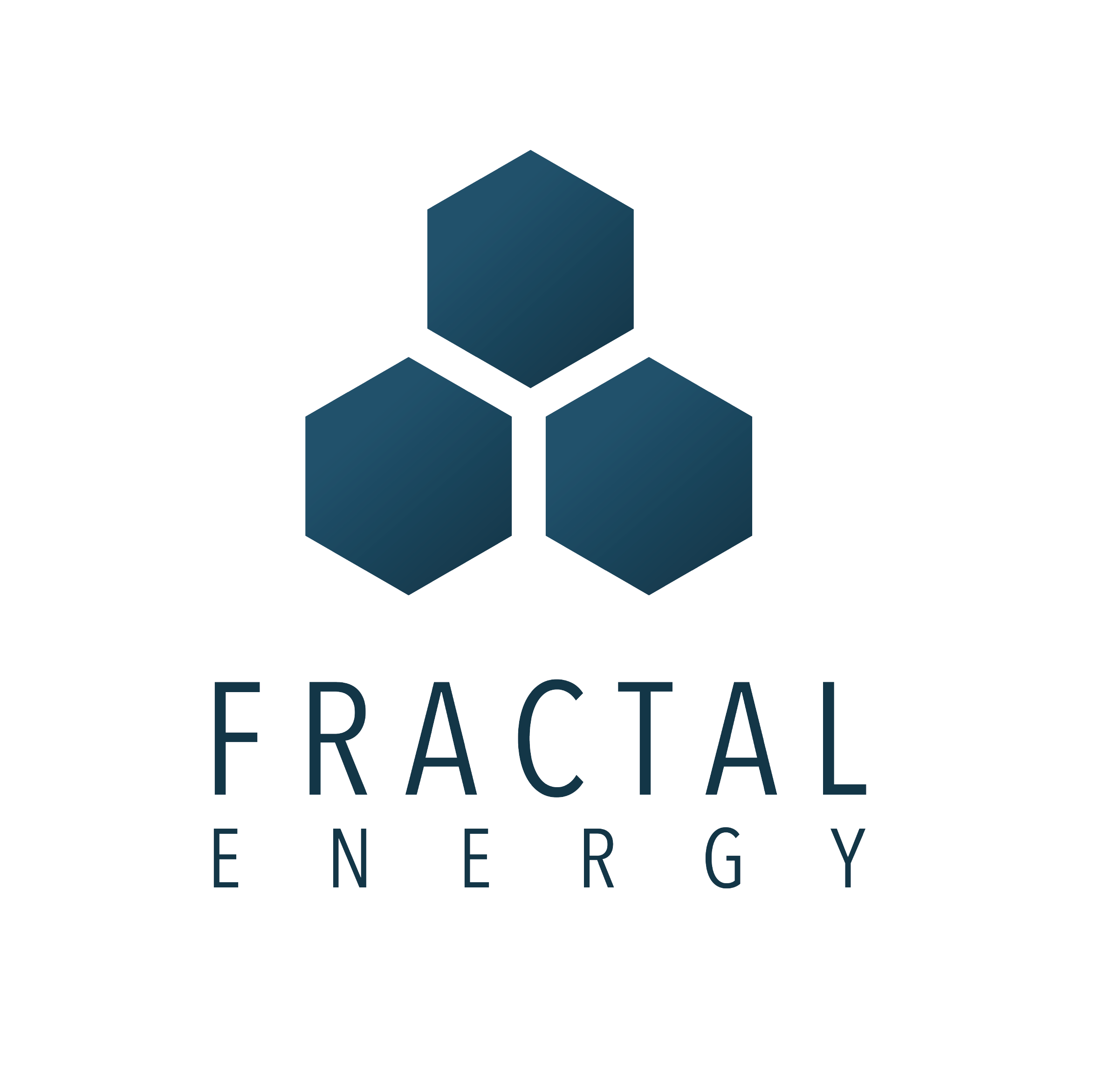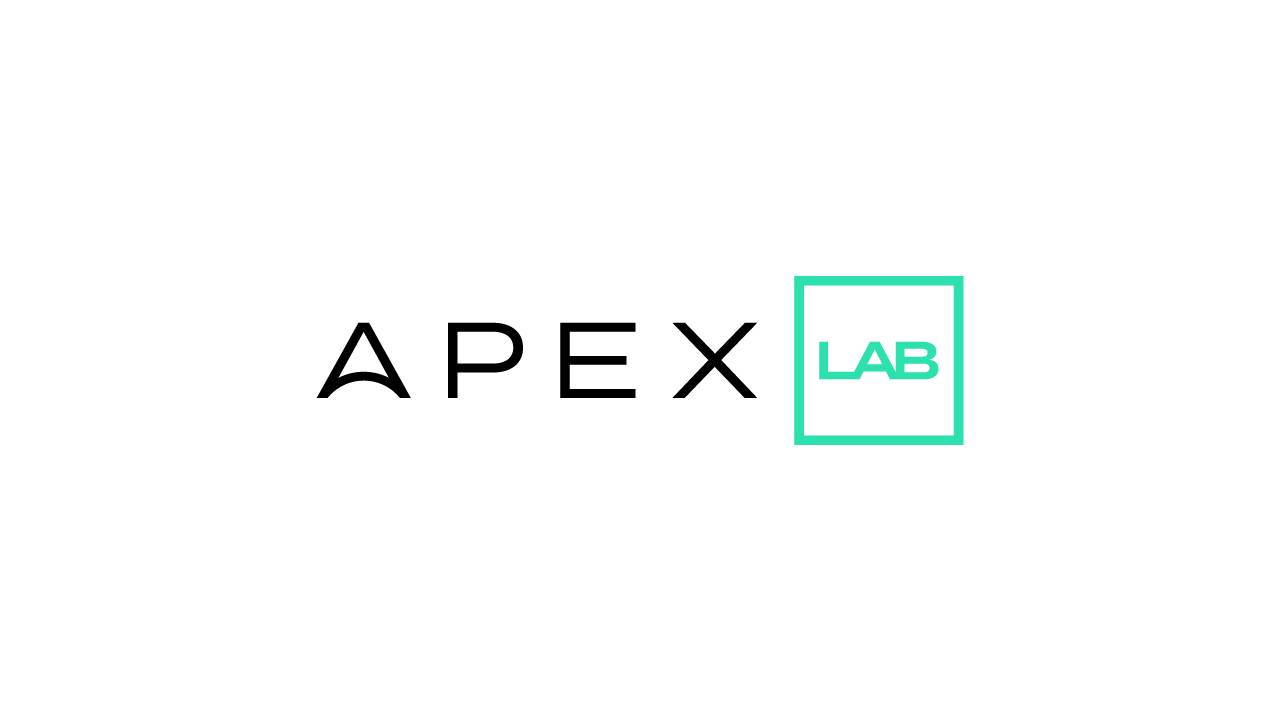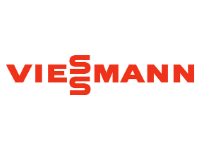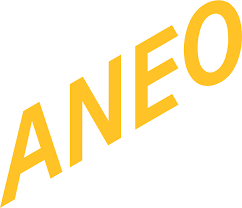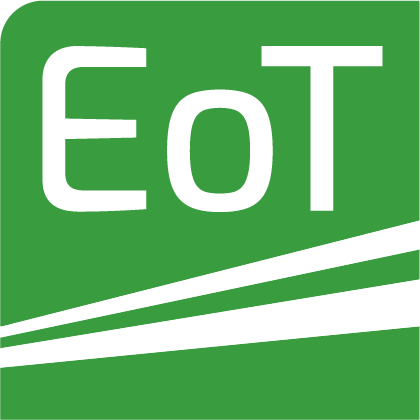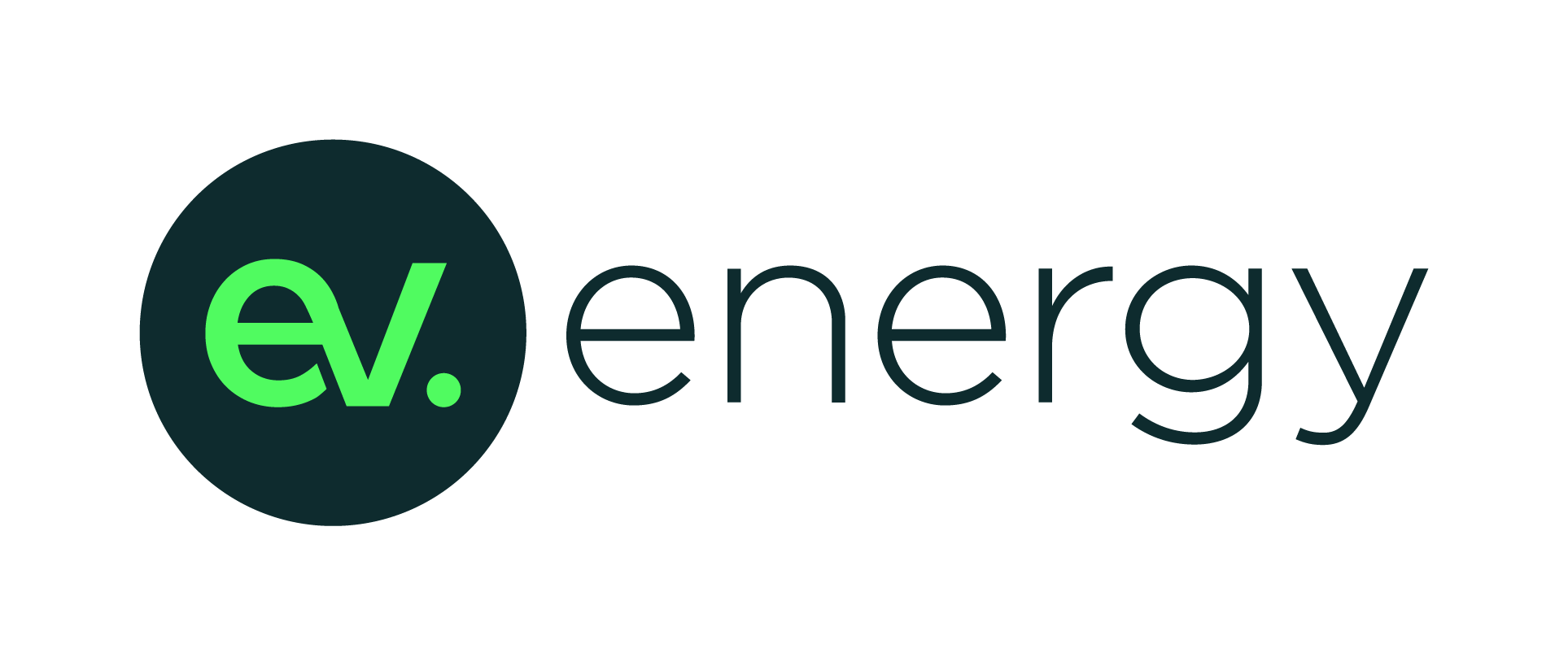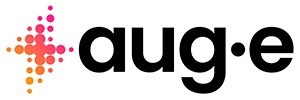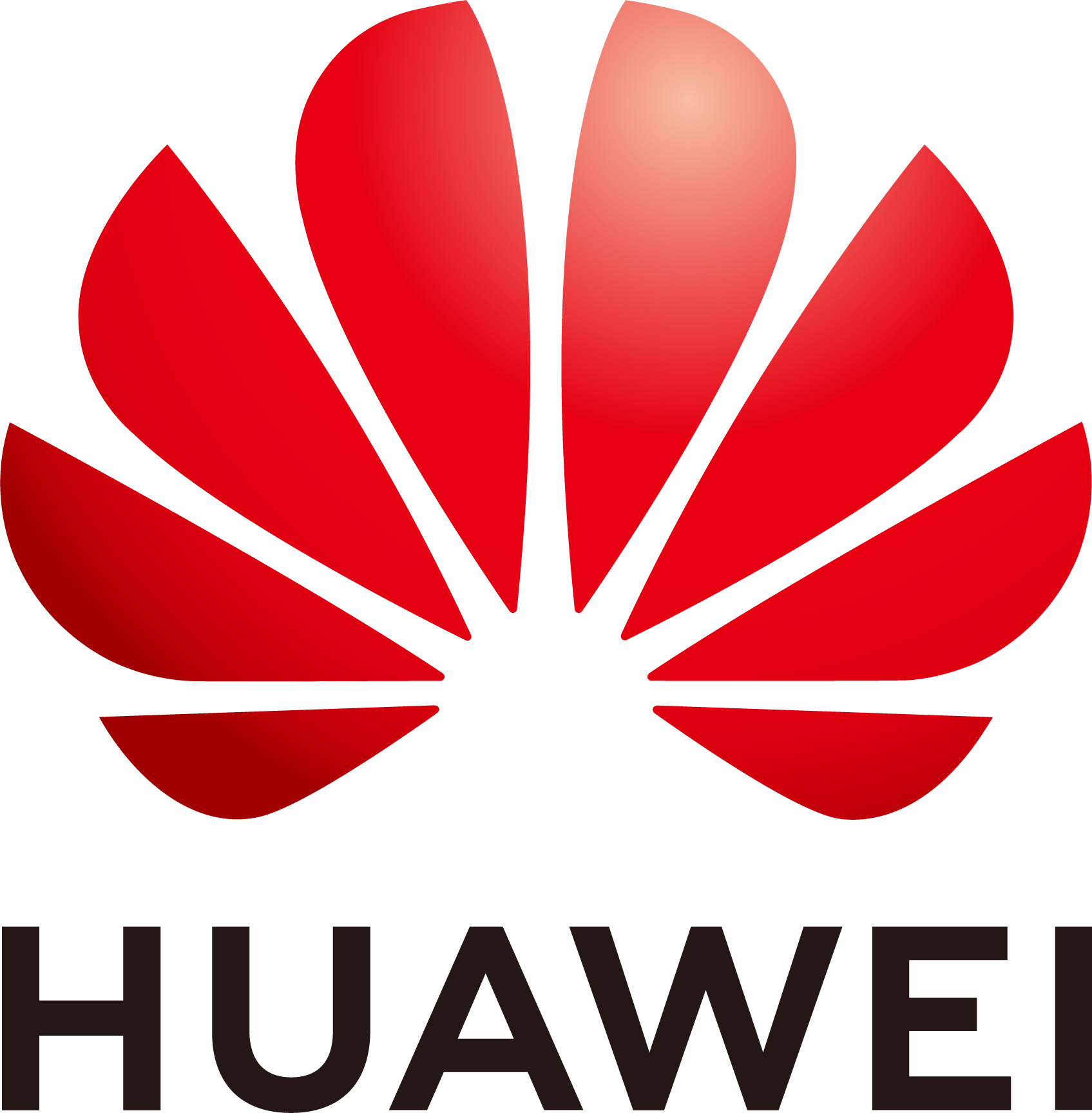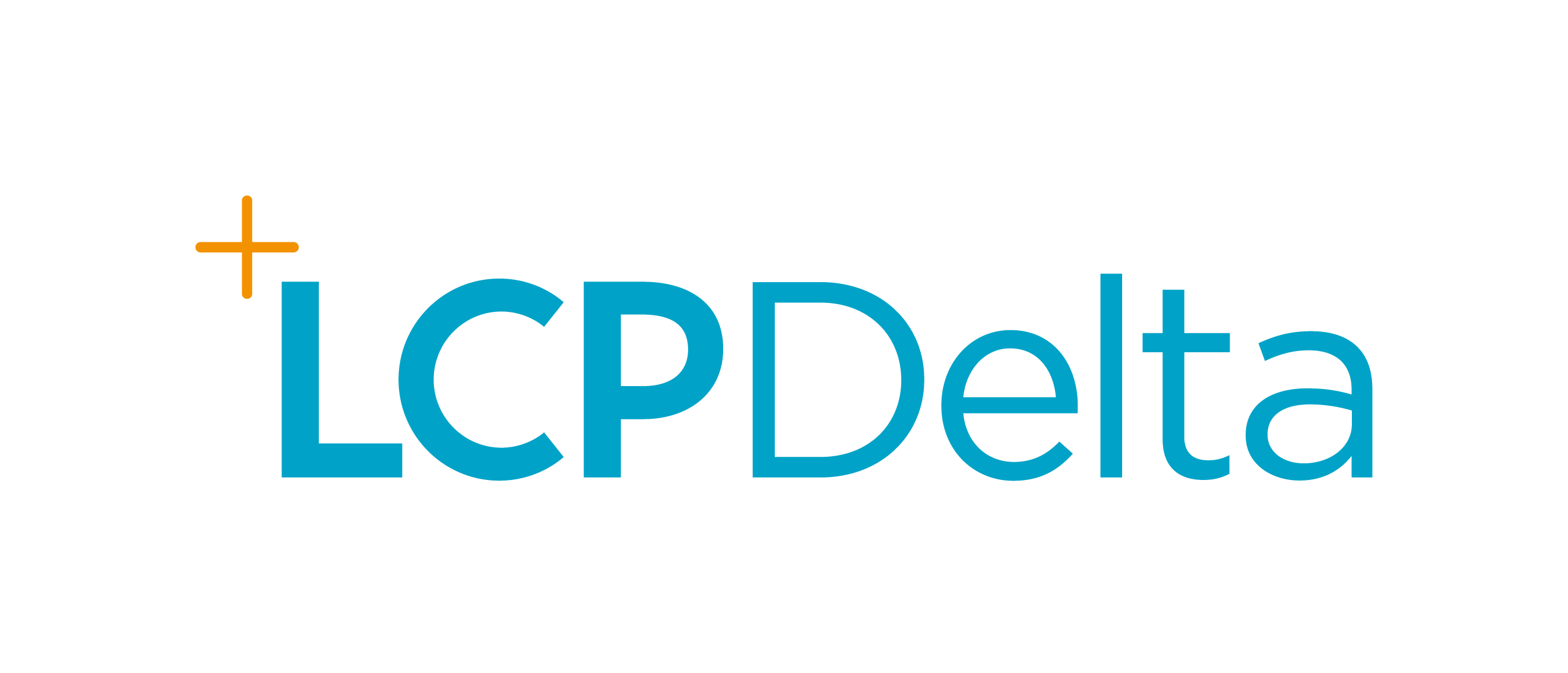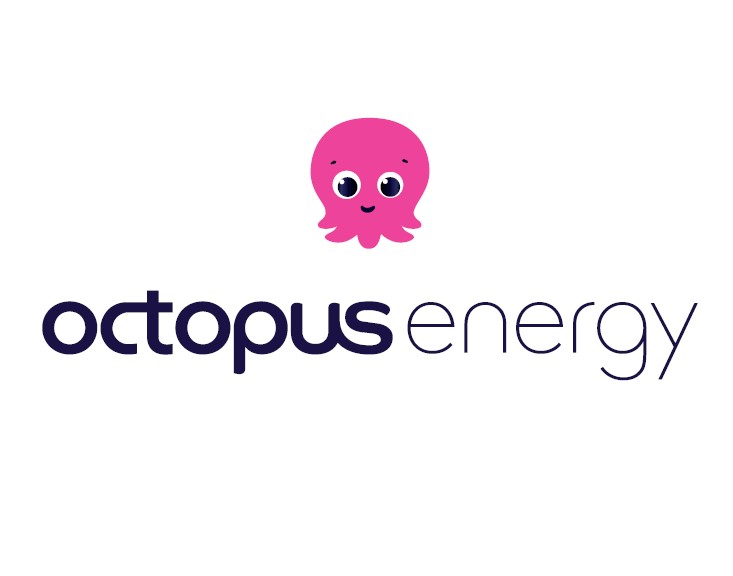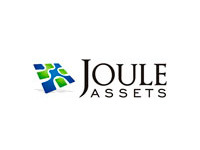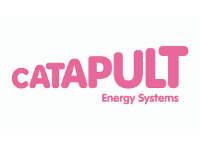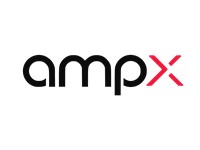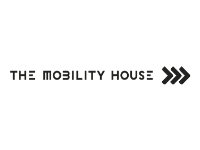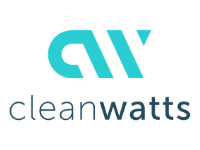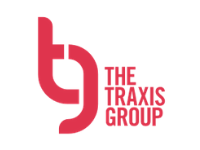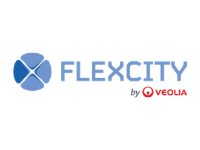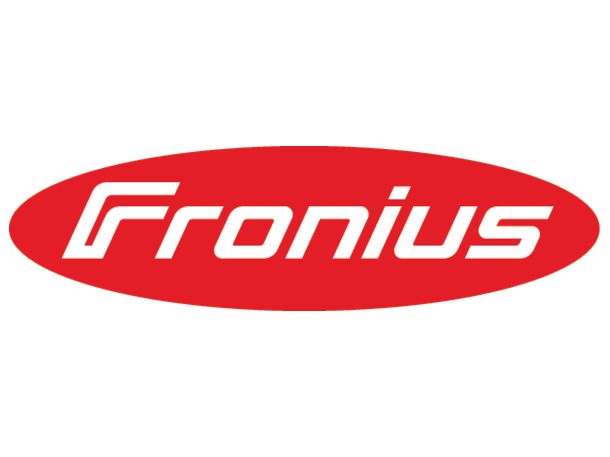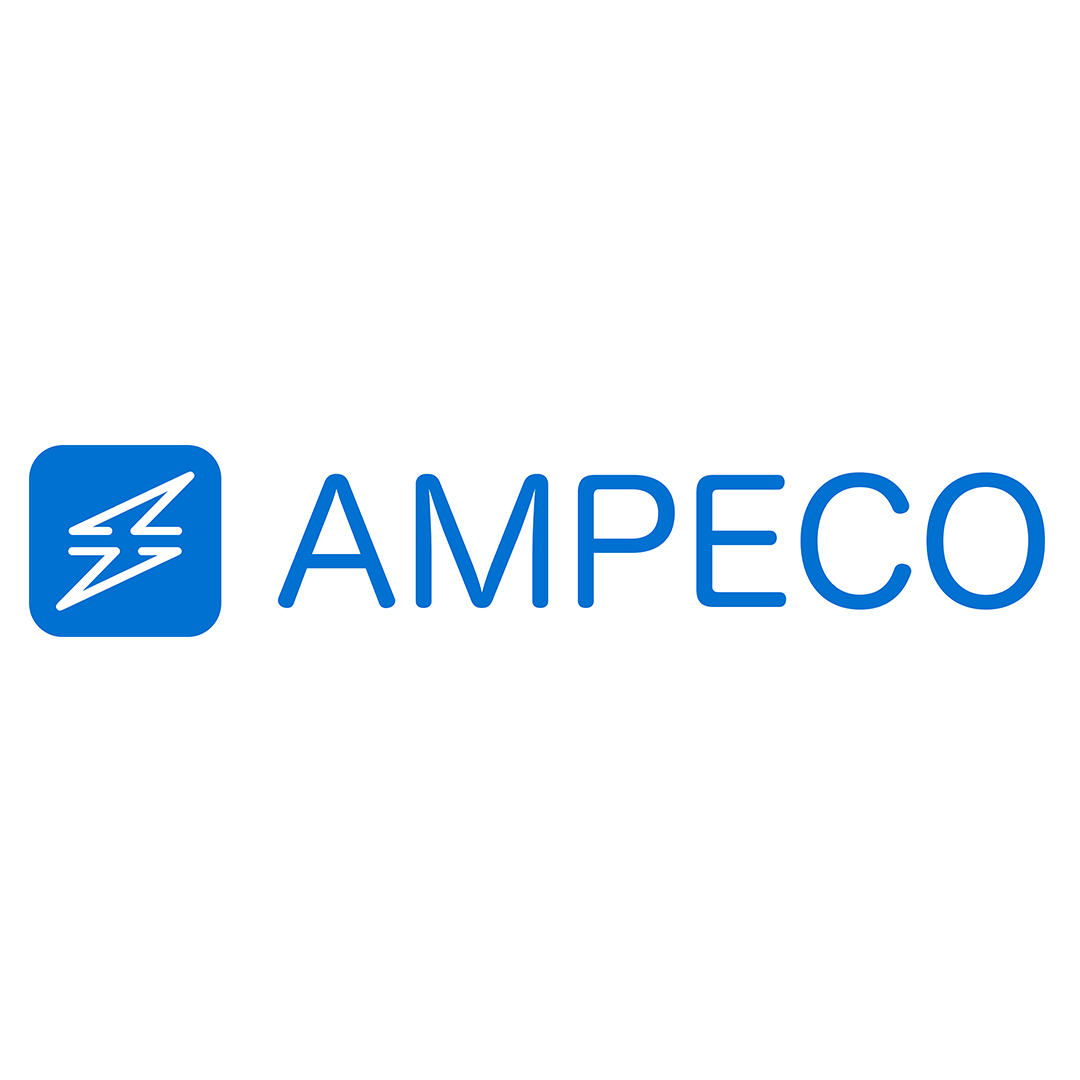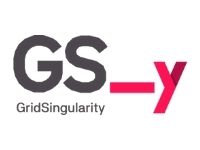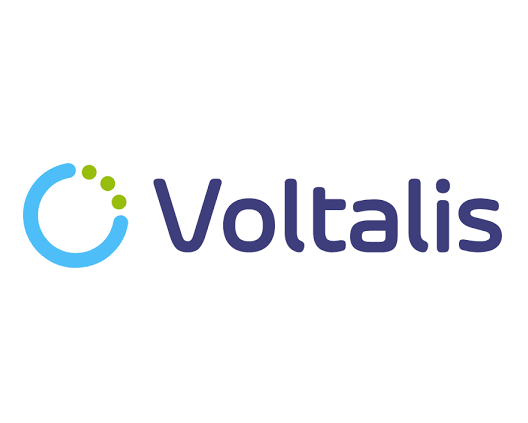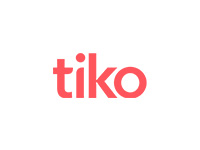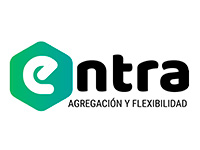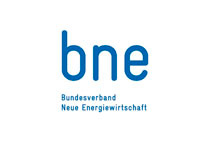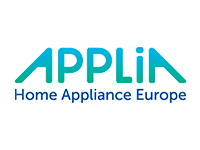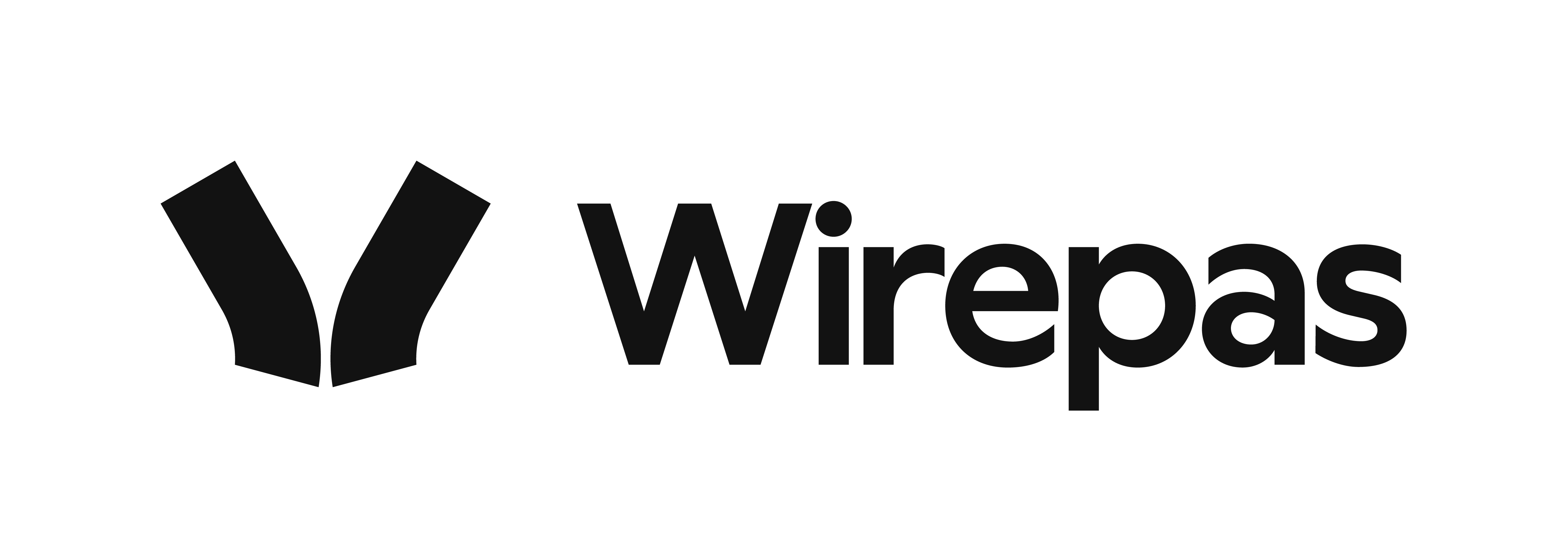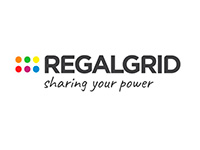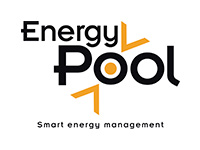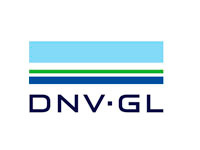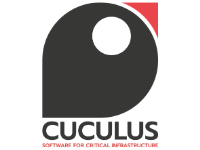Two types of Demand-Side Flexibility can be distinguished; implicit and explicit DSF. The SEDC position paper outlines important provisions that need to be implemented in order to ensure that both explicit and implicit Demand-Side Flexibility can develop in a market.
Position Papers
A key tool in achieving a decarbonised EU building stock is the Smart Readiness Indicator (SRI), which also measures in qualitative terms a building’s smartness and flexibility. smartEn acknowledges the value of the SRI and calls for a correct assessment of the flex-readiness of buildings. In the medium-term smartEn urges its evolution into a quantitative metric for energy and carbon performance, supported by three metrics.
Making better use of the grids thanks to the contribution of existing and future connected flexible consumers is an efficient approach to tackle urgently the congestion challenge. The Flexible Demand Management Industry that smartEn represents can empower grid users, i.e. grid connected buildings, industries and electric vehicles, to play an active role in supporting an efficient and smart operation of grids. However, grids must be incentivised to use the flexibility of connected consumers, as already prescribed by EU laws. To support this effort, this paper: Sets out six strategic recommendations for the smart operation of grids which should guide the efficient delivery of the EU Grids Action Plan. Lays the groundwork for a dedicated EU Strategy on Grid Congestion which the new Commission should develop to deliver the European Green Deal by 2030. Such a strategy should foster harmonised approaches to tackle grid congestion issues across the EU, without waiting for lengthy network reinforcement, by harnessing the potential of connected, flexible consumers.
The Flexible Demand Management Industry provides solutions to all consumers – citizens, businesses, buildings, electric vehicles (EVs) and industries – to become flexible and be rewarded for playing an active role in the clean energy transition. As such, it needs to be fully recognised as a crucial clean-tech industry in Europe. But as the Flexible Demand Management Industry is very heterogeneous, it is often not easy for it to be identified as a specific industrial base and its significant contribution tends to be overlooked. This is a major gap to fill. This paper intends to inform this effort by answering these 3 questions: What is the Flexible Demand Management Industry and what are the solutions offered? Why the Flexible Demand Management Industry matters ? What is needed in the next EU legislature for the Flexible Demand Management Industry to rightfully become a solid pillar of Europe’s decarbonised economy?

